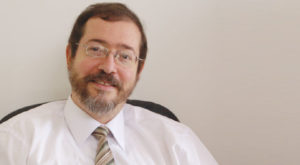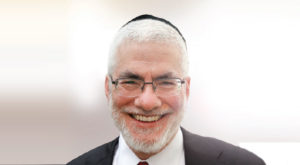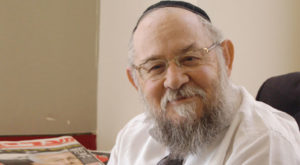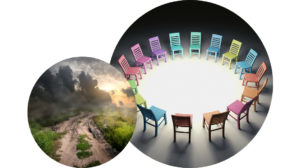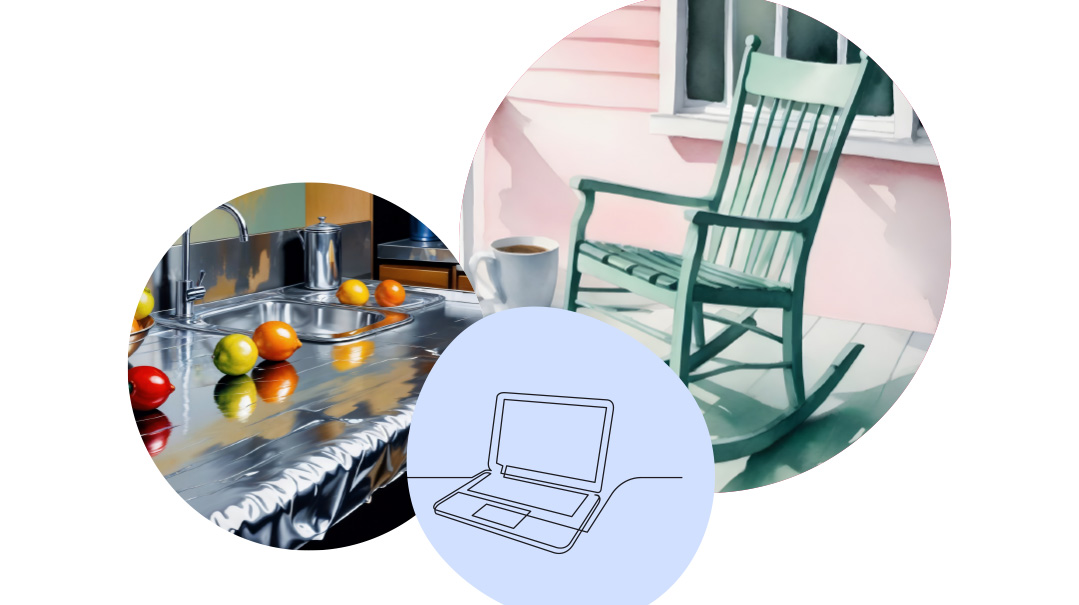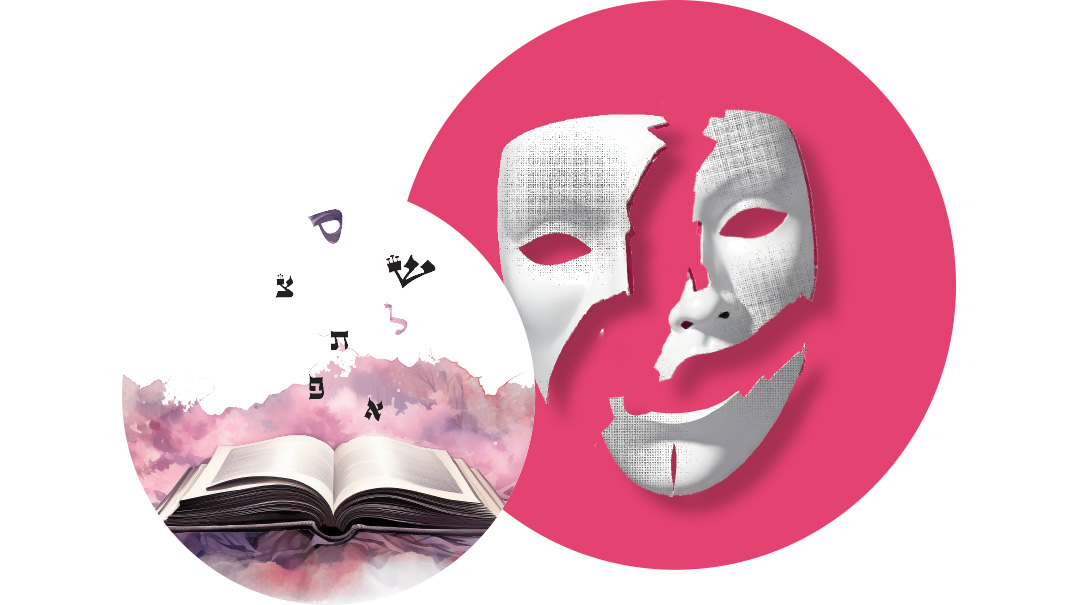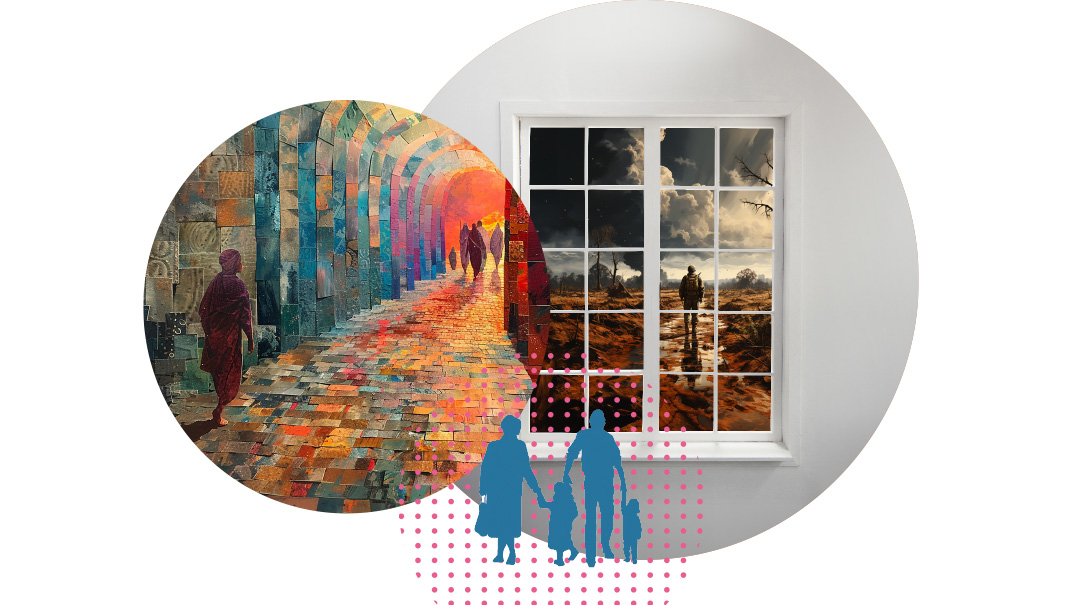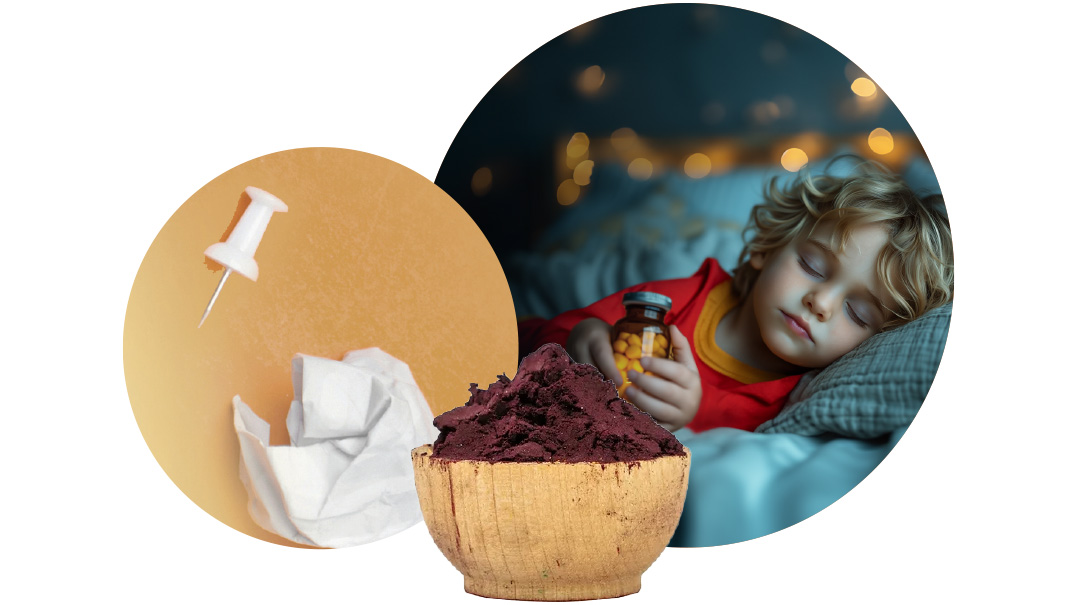Family First Inbox: Issue 735

"To all family members of addicts: Don’t prolong your isolation and shame. Somewhere out there, there are amazing people ready to support and validate your struggles"
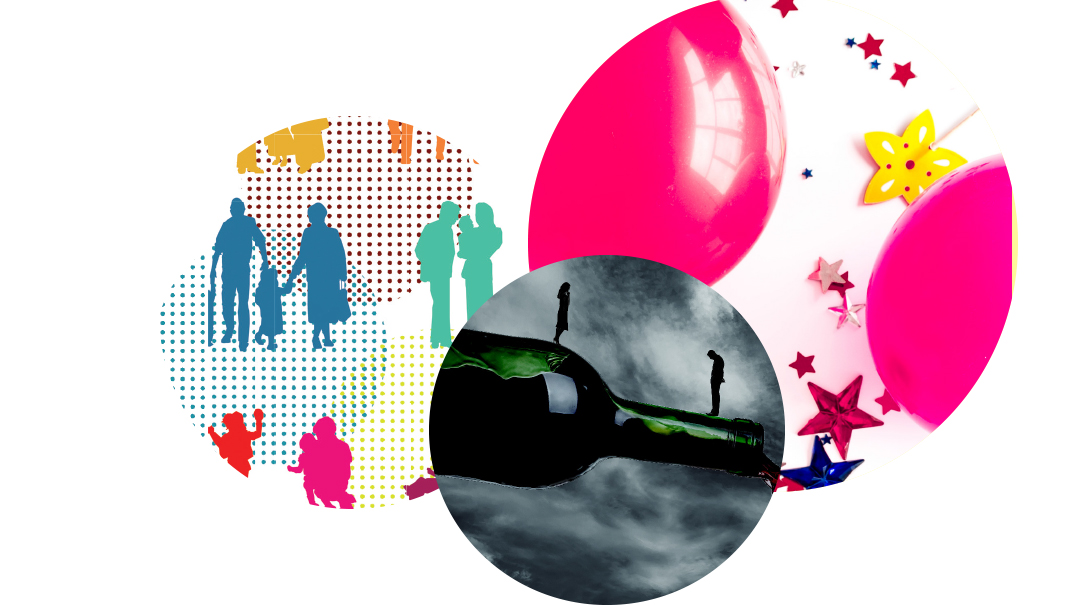
Please Don’t Celebrate [Lifetakes / Issue 734]
While I appreciate the many challenges that COVID-19 has led to and the difficulties people have overcome over the past year, I found the article “Happy Birthday,” about a woman celebrating her son’s first birthday and how it marked a year since COVID erupted, to be poorly timed and insensitive.
Celebrate your successes if you will, but do not celebrate the “birthday” of a virus that has killed millions and upended the lives of so many people. Last I was aware, there’s no one who celebrates the date of the outbreak of a war, natural disaster, or of a diagnosis — no matter how the experiences made them grow.
While the author has every reason to celebrate the fact that she has made it intact to this point, and that she and her family have come through safely, this should never have been shared in a public forum. For many, this time of year signifies a first yahrtzeit as opposed to a happy birthday. Having lost a parent to COVID I felt stung by this article, and the fact that the writer mentions two students who lost a parent did nothing to mitigate her words. As the author celebrates, I mourn. As she marks a year on from memories of AliExpress parcels cancelled or delayed, the wail of the Hatzalah sirens, and lockdown and all the year’s nisyonos, I mark a year of aveilus and loss, of mourning a vibrant and special father. I too encountered the standard nisyonos and hardships of COVID over the last year, and I too am full of gratitude to Hashem, but somehow a birthday celebration is not on the agenda.
R.W., Jerusalem
We’re Just Like You [Down to the Last Drop / Issue 733]
I read your feature “Down to the Last Drop,” about a woman married to an alcoholic, with a tight chest and tears in my eyes.
I’m a typical youngish chassidishe woman who covers her sheitel and wears seams on her tights. I grew up in a well-respected family within a large mainstream community, as did my husband. We live in a standard apartment on a populated street and our (hopefully) well-adjusted children learn in the same institution where we were educated. I attend PTA and siddur plays and bump into you in the grocery and hosiery store where I match socks to my son’s pants.
My husband works at a stable job and drives the kids to school when they miss the bus. He sits on the bench behind your husband on Shabbos in shul wearing his shtreimel and veisse zocken. And he is a recovering addict who religiously attends 12-Step meetings and works the steps with his sponsor weekly.
When I first walked into the room of the 12-Step fellowship, which would soon become my lifeline, so many prominent families within my community were represented. I met a former teacher, a relative, schoolmates, and a host of strangers from every stripe, some with whom I’ve since become closer than sisters. And this is from one fellowship, for one addiction, within one neighborhood.
Addiction is way more prevalent than most people can fathom. It respects no religion or affiliation, ensnaring people from rebbish to nebbish. It took me several years of torturous silent suffering to take this brave step and attend a meeting. And despite the indescribable pain I’ve felt since, as layer upon layer of denial got stripped, I have no regrets. I found hope, courage, friendship, support, and unconditional love and acceptance. With the help of weekly meetings and my true friends there, my devoted sponsor and my amazing therapist, I’m carving an identity for myself and finding strength I never knew I possessed. My connection to Hashem is something I wouldn’t trade for a million dollars and I’m aspiring to only improve this meaningful relationship.
Although my husband was in recovery for quite a while before I joined the fellowship, his therapist told me that he’s made so much growth since I joined that would have been very difficult for him to achieve otherwise.
To all family members of addicts: Don’t prolong your isolation and shame. Somewhere out there, there are amazing people ready to support and validate your struggles. They can understand like only a fellow sufferer can. A plethora of tools to deal with these hardships are available to you, and it will benefit all areas of your life, your entire family, and the addict.
And to clueless siblings, parents, and neighbors: You can never imagine what’s beneath another’s perfectly masked smile. Don’t judge when your daughter leaves in the middle of her niece’s wedding. She might be attending a meeting that supplies her with oxygen for the week. Your sister is going away for Shabbos and won’t share details? Don’t pry! Perhaps she’s going to a convention or recovery Shabbaton. It’s not worth the potential pain of your already suffering relative or friend just to satisfy your curiosity.
M.G.
Recovery Is Possible [Down to the Last Drop / Issue 733]
So many parts of Sari’s story, as detailed in “Down to the Last Drop,” resonated with mine — the dating, living newly married in Israel, watching the addiction progress, and the lack of knowledge of some rabbanim and therapists. Yet the one big difference in our stories is the substance to which our husbands are addicted to. My husband is addicted to behaviors that cannot be quantified by a drug or alcohol test. His addiction is in his mind and takes over his thoughts, leading him to act out in ways that betray the foundation of a marriage.
I want to share my experience — that the only hope I have seen for an addict to live freely and create strong relationships with a wife and children is by seriously working a 12-Step recovery program, committing to recovery 100 percent. Yes, therapy has played a big role in our family’s recovery, but it has only been able to create healing because of the spiritual foundation and healing created in 12-Step recovery.
I want to give hope that recovery from addiction, any addiction, is possible. My husband and I have gone through some very, very difficult times. And in a way that makes no logical sense, Hashem has brought healing and joy into our family and our marriage.
One last thing: I ask all mental health professionals who do not specialize in addiction to understand that they can create enormous damage by trying to help addicts and their families. Rabbanim and coaches who are not acutely aware of addiction and its destructive ways, can easily hurt addicts and their wives by giving well-meaning advice and support that feeds the addiction and enables it to continue. Yes, our community has made great strides and there is a lot more awareness now than there was years ago when I began my journey in recovery. But I still hear too many painful stories of women and men who are seeking guidance and are being hurt by people who understand addiction to some level but it isn’t their area of expertise.
The way that my husband and I found our way to recovery was through a special rav who was humble enough to admit that our problems were not an area that he could help us with, and he helped us find the proper help.
Name Withheld
Do All the Research You Want [Down to the Last Drop / Issue 733]
The cover story “Down to the Last Drop,” was a painful read — but details a horrendously prevalent situation. Unfortunately, I’m writing based on firsthand accounts.
A couple of months ago, Mishpacha published a piece by Rabbi Efrem Goldberg about the current shidduch dating system. He is clearly against the extensive research people do, and recommends we revert to the good old days, when people were more trusting.
Did the rabbi read this past week’s cover story of the Family First? Are we still living in the good old days where a little paper with a name and number will suffice?
Today we’re plagued with a newly accepted sickness called “I will not disclose anything” syndrome. And unlike coronavirus, unfortunately, this one has no vaccine, so until this somehow gets fixed, we are all high-risk.
The cover story, and all the others we know of, are not anomalies — they are all over the place. Look around. Xanax, Klonopin, Adderall, opioids — who are we kidding, everyone has access. You have every right to do all the research you want.
No words can describe the anger and pain caused to a family that was downright lied to. A parent marrying off a child must be able to stand behind their actions, and if you cannot, then you are at fault. If you are getting advice that you do not understand, such as a “shtempel” to hide, distort, or mask details, ask, because if it smells wrong and deceitful, it probably is. You will have to bear the guilt for the rest of your life.
The damage done is undoable and irreparable. Unless one is a malach Elokim, how can they truly forgive the disgraceful brazenness of utter lies, the excruciating pain of a heartbroken child?
I therefore end with a plea on behalf of Klal Yisrael. If your child needs help, get help. This does not mean that your child is not eligible for marriage. It just means that they need help — before getting married. Marriage is not the answer. I can guarantee you a terrible marriage that will probably result in a divorce.
If your child needs help, be honest. If there is an issue but you’re open about it with the other side and they are accepting, awesome!
If not, you will pay for it. In This World and the Next. In This World, you will forever have to bear the guilt for ruining the life of a precious neshamah. The agmas nefesh, sleepless nights, and years of therapy are because of you. All the money invested into the wedding and beyond, supporting the couple financially, is stolen money on your cheshbon.
Do yourself a favor and be honest. Let us end this disease together.
C.R.H.
Family Tradition? [Family Reflections / Issue 733]
My 94-year-old mother enjoyed reading Sarah Chana Radcliffe’s piece about making beds. Because of her, I have been making my bed every single day since I was five years old (I’m now 69), even when I’m a guest in someone else’s home, and even in hotels! And because my mother had been a nurse, we learned to make the beds with tight hospital corners. The house looks so much nicer when the beds are made, even if you only pull up and smooth the covers.
Do my children still make their beds and teach their children to do so? I’m afraid to ask (but I don’t think so).
Michal Horneman, Neve Tzuf
Why Risk It? [Family Reflections / Issue 733]
I have always enjoyed Mrs. Radcliffe’s columns, wise words, and counsel. I should have written in before to say an unconditional thank you before writing in to mildly disagree with a point.
I was slightly surprised to find last week’s column devoted to making your bed. I own William McRaven’s Make Your Bed book and have read the Charles Duhigg’s The Power of Habit library book. However, if you weren’t born Jewish, your only obligations are really to be a law-abiding citizen and to support yourself financially. Rear Admiral McRaven was making the point that if you want to hold yourself up to higher standards, if you want to be a conscientious responsible adult, you should start off your day right by making your bed and your day will continue along the lines of being a responsible adult.
Needless to say, William McRaven doesn’t have to keep 735 commandments after he finishes making his bed in the morning. By contrast, our children need to wash their hands six times, starting with the right hand and alternating; the water must cover their entire hands up to their wrists. They must say Modeh Ani and get dressed in a certain order, finishing off by putting on their right shoe, then their left shoe, tying their left shoe, then tying their right shoe. They must be mindful all day long to honor their parents, say their brachos when they eat, daven with kavanah, show respect to teachers, wait six hours after eating fleishig, and avoid ona’as devarim and lashon hara, etc., etc.
The Torah tells us that “tafasta mirubah lo tafasta”; if you say yes to one thing, that means saying no to another. If parents overemphasize to their children the importance of making beds, their children might drop another ball that carries more importance. Why risk that?
I’m imagining what happens when a person dies; the angels gather to bring the person’s deeds before Hashem Who rules on his ultimate fate. The person waits with bated breath to hear what he will be asked about. The first question is: “So, did you make your bed in the morning?” Of course this never happened, but thanks for making me smile.
Ilana Orange, LCSW
You Owe Nobody [Words Unspoken / Issue 733]
Dearest Single,
I read your Words Unspoken apologizing for and excusing the pain your parents feel. I feel your pain. I’m sorry this is so hard for you! I’ve been single for many years now and have a couple of thoughts.
It seems like you’re confused as to where the blame lies. You must have absorbed society’s message that someone has to be at fault when someone is single. In reality, the situation you are in doesn’t warrant guilt or even regret. You may be sad about your situation without anyone being at fault. There is a Borei Olam, even in shidduchim, and while the world may tell you that this is because of something you did or didn’t do, the simple reason you’re single is because Hashem decided this is where you need to be right now. You owe nobody an apology.
Perhaps you are shifting the blame onto yourself because you feel responsible for your parents’ pain. Know that that pain is theirs and you do not need to — nor is it healthy for you to — absorb it. Please don’t get married to make your parents happy and comfortable. It’s time to forge your own path and enjoy the inevitable growth that comes with this special stage.
In the meanwhile, please take all those amazing talents you wrote about and capitalize on those gifts! There ain’t no time like the present. This is an amazing time to take on exciting projects, learn an instrument, develop a hobby, start a chaburah, give a shiur in your town, and learn more about the wonderful person you really are.
I wish you the best of luck!
In friendship,
R.S.
(Originally featured in Family First, Issue 735)
Oops! We could not locate your form.


